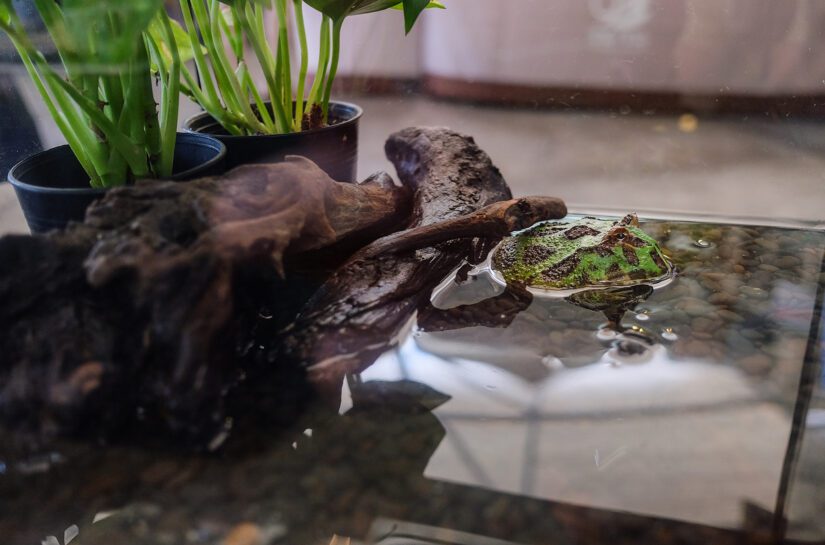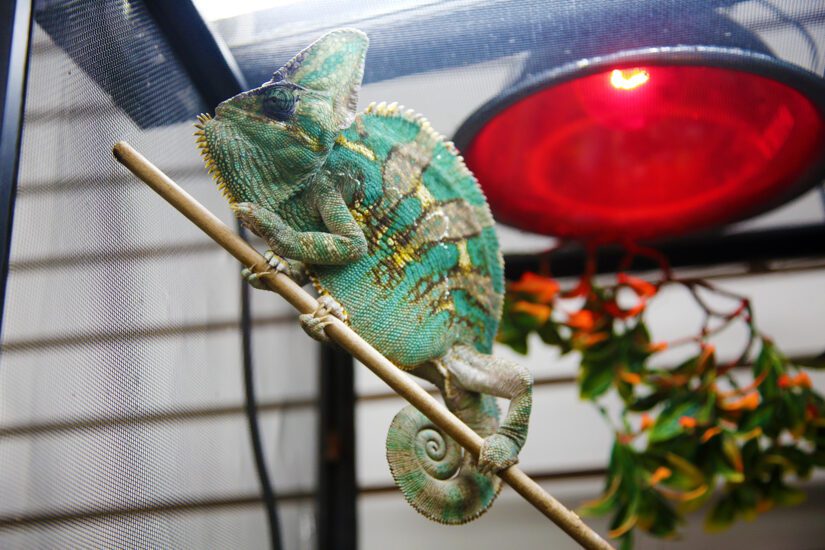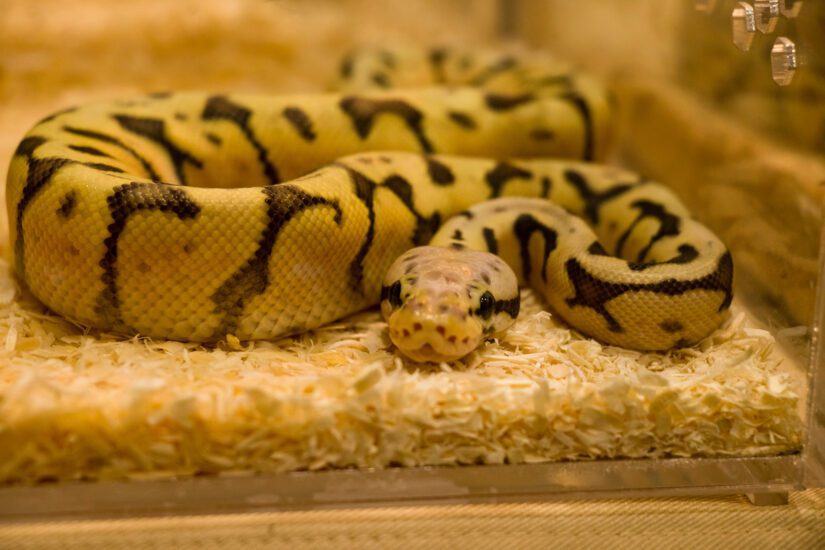Have you ever questioned something and been told, “It’s always been done that way”? This, in a nutshell, is folklore husbandry.
Understanding folklore husbandry
‘Folklore husbandry’ is a term used to describe ways of caring for animals that are widely accepted and practiced without any real evaluation. It is especially prevalent for exotic animals (wild animals from other countries) such as reptiles and amphibians. It tends to be anecdotal, lacks scientific evidence and is often based on outdated beliefs about the abilities of these animals.
Folklore husbandry is typically handed down through word-of-mouth from one exotic pet owner to another. It’s also readily available from hobbyist magazines, books, care sheets, personal websites, forums, message boards and social media.
Unfortunately, for many new reptile and amphibian owners, folklore husbandry is their only source of information. More often than not, they don’t even know to question it because they’re trusting that it comes from someone with experience.

The problem with folklore husbandry
Many folklore husbandry practices favour a very minimalistic approach to keeping exotic animals. There’s little attempt to mimic the variability and complexity of their natural environments. This approach also happens to be easier for owners and allows people to keep more animals in less space.
These practices persist because exotic animals continue to grow, eat and even reproduce under the simplistic living conditions provided to them. Because folklore husbandry appears successful, this reinforces its use.
However, using growth, feeding and reproduction — basic survival — as a benchmark is a narrow view of animal welfare. To thrive, exotic animals need more than just their basic needs for food, water and shelter met.
Even when scientific evidence comes to light that a specific practice is harmful, the evidence is often rejected because people’s folklore husbandry beliefs are so deeply held. This can hamper the development and adoption of new ways of caring for exotic animals that would improve their welfare.

Sedentary snakes: A classic folklore husbandry example
One of the most pervasive beliefs among reptile owners is that snakes don’t require much space. There are various reasons given to justify this, including:
- Snakes are sedentary
- Snakes are insecure in large environments
- Snakes don’t use the space they’re given
- Snakes thrive in small spaces and feed, grow and reproduce well
However, none of these are true. While snakes may survive in a small enclosure, they’re definitely not thriving. The truth is that, in cramped conditions, snakes often respond by being less active. This, in turn, confirms the folklore husbandry belief that snakes don’t need much space.
So, how much space should snakes be given? A common misconception is that an enclosure’s length plus its width should equal the length of the snake. Thus, you could keep a six-foot snake in an enclosure measuring just four feet by two feet. Research has shown, however, that snakes frequently adopt straight-line postures when given the opportunity. This means many snakes are spending their entire lives — which can span decades in some cases — in an environment that never lets them stretch themselves out fully.

Goodbye folklore husbandry, hello evidence-based care?
Despite their widespread availability as pets, we still know relatively little about the needs and abilities of exotic animals like reptiles and amphibians. However, the more we learn about them — how smart and sensitive they are — the more apparent the problems of folklore husbandry become.
Domesticated animals like the dogs and cats who share our homes have been selected for traits that favour their coexistence with humans. Exotic animals, in contrast, have evolved and are still adapted to live in environments with highly specific conditions. Even with practices based on scientific evidence, it’s impossible to replicate the complete ecology of an amphibian or a reptile within the confines of an enclosure. Thus, it’s doubtful that they can ever thrive in captivity.
For these reasons and more, the BC SPCA believes that exotic animals should not be kept as pets.
Learn more:
- The risks that exotic pets pose to animals, people and the environment
- How social media harms exotic animals
- The ways the global reptile trade disguises the origins of its animals
- How positive lists can help protect exotic animals
Subscribe to WildSense
Want to receive more stories like this, right in your inbox? Subscribe to WildSense, our bi-monthly wildlife newsletter.
The BC SPCA uses your personal information to update you on our work for animals as well as for advertising and analytics purposes. More information on uses and how to opt-out can be found in our Privacy Policy.
